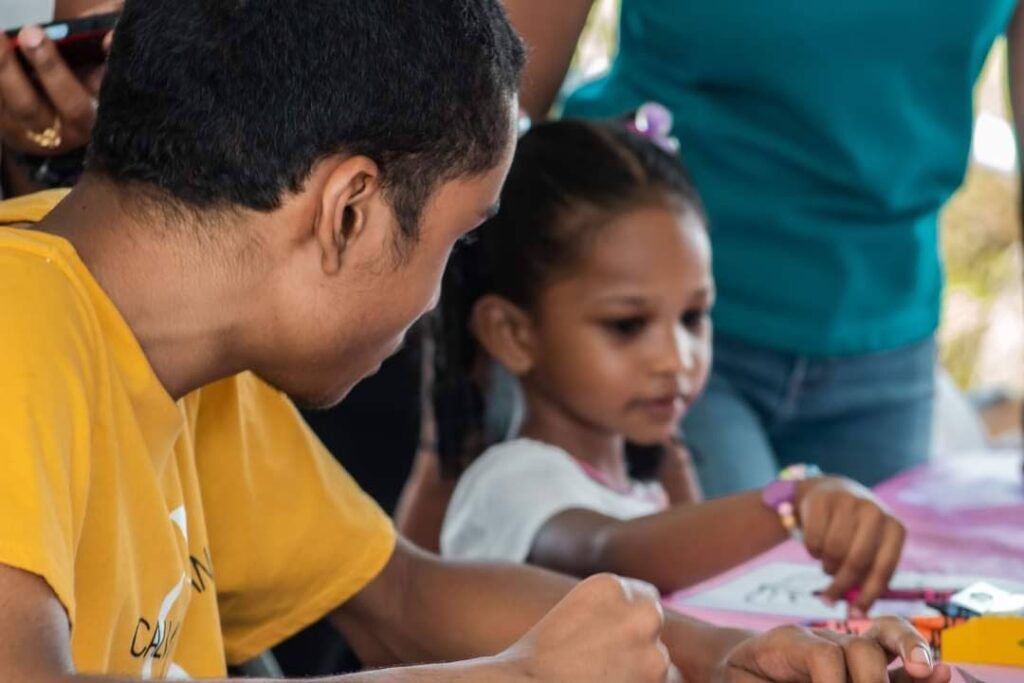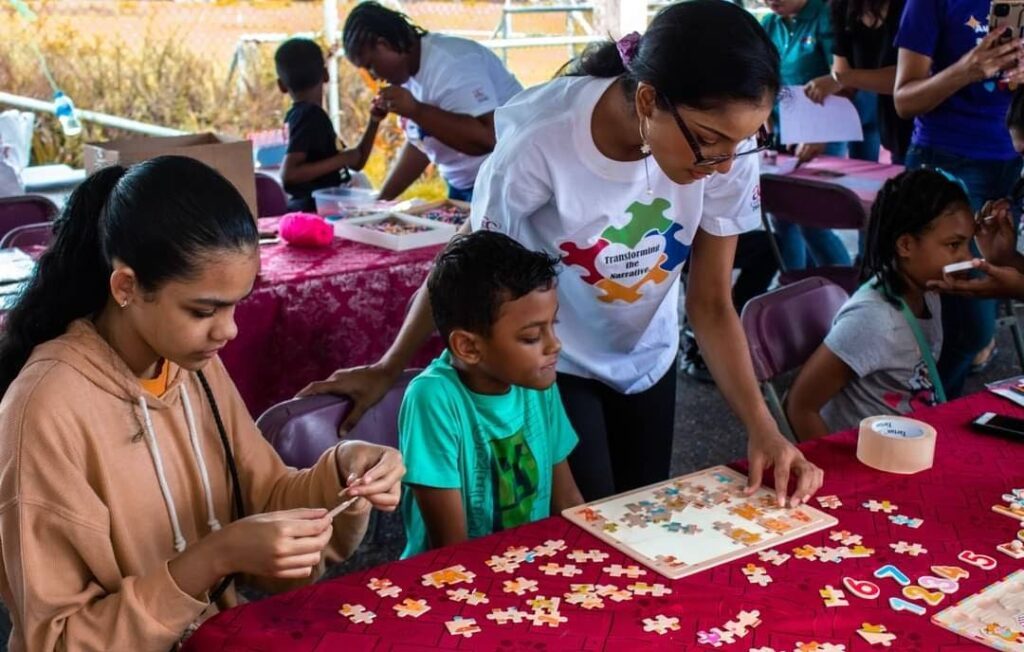Accepting differences – the key to stopping bullying

DR RADICA MAHASE
“From the time my son started secondary school he has been bullied. It started off with the children just laughing at him because he has problems reading and because he stammered when he spoke.
"By the end of the school year it turned into verbal comments and name-calling. At first his teachers tried to correct the other students but then they realised that nothing they said was stopping his classmates, so they just didn’t bother any more.
"Soon it became a school-wide thing – students from all the different forms knew him as ‘the weird boy.’ I don’t think anyone was calling him by his proper name, instead he was ‘Weirdo’ or ‘Lipsy’ or ‘Stammer boy’ to the whole school population.
"The bigger boys took it further and started picking on him, taking his lunch and money and even his pens and books.
"My son got depressed and was scared to go to school. The school said they couldn’t do anything because he 'already had a reputation' and they advised us to transfer him.
"We took him out and started home-schooling because we saw how scared he was to go to school. The happy child we knew was disappearing little by little and becoming a depressed, scared little boy.”
Paula, the parent above, is the mother of a 13-year-old, Jaiden, who was diagnosed with autism and ADHD. Jaiden attended a private primary school, wrote the SEA and passed for a denominational secondary school.
He was excited and proud to start secondary school, but all that changed when the bullying started.
According to Jaiden, “The other students kept saying that I wasn’t like them. I stammer sometimes and when I had to read loud in class they would all laugh. I would dread when the teachers call on me to read or answer a question. I would slouch down in my seat and try to make myself invisible.
"I knew the work, I just needed to do it slower, and I felt bad when they laughed at me.”
Bullying is a common problem in schools, and is prevalent for both neurotypical students and those with special needs, not just in TT but in many other countries.
A report by UNESCO in 2021 on Violence and Bullying in Educational Settings – the Experience of Children and Young People with Disabilities has noted, though, that: “Learners with disabilities are disproportionately affected by school violence and bullying at all ages and in all learning settings and that this adversely affect their education, health and well-being.”
Here in TT, it is difficult to quantify the bullying of students with disabilities/special needs because of the lack of data. It is also not clear how many other students like Jaiden had to change schools or to drop out of school completely because of high levels of bullying, not only by fellow students but also by teachers.

What is clear, though, is that students with special needs/disabilities are often bullied because they are seen as different. As Jaiden said, his schoolmates kept saying he wasn’t like them.
Another student, 15-year-old Jacob, who attends a government secondary school, said, “I don’t have friends in school because nobody likes me. The other students say that I am weird. They said I talk funny. They laugh at me because I use my headphones all the time. No matter how much I tell them that I hate the noise, the noise hurts my head, they laugh and say all kinds of things.
"I stopped wearing the headphones so they would like me, but they still think I was weird, so I didn’t bother after that. Now I just stay by myself.”
Jessica, a 13-year-old student at a private school, said she doesn’t have any friends because she is not like everyone else.
“I don’t really fit in with everyone else. I like different things. I don’t care for the music or the movies that my classmates like, and because of that they make jokes about me and laugh at me. They just don’t understand that I have no interest in the things they like, ”
In order to decrease the prevalence of bullying of students with special needs/disabilities, it is imperative to educate all students about all types of disabilities. It is very easy to judge and attack what one doesn’t know and what one is not familiar with. This is why an inclusive education system is highly relevant and much needed today – so that both neurotypical and special-needs students have an opportunity to interact and learn from one another.
UNESCO has developed a framework, the Whole Education Approach, which identifies the main areas where intervention is needed. It starts with strong political leadership, legal and policy frameworks – one of our weakest areas here in TT. The UNESCO framework “highlights the need to create a school environment where students feel safe, secure, welcomed and supported;” having a curriculum that can get rid of stigma and discrimination; proper reporting mechanisms and support services; and empowering students with disabilities, amongst other things.
When we can reach the point where students with disabilities/special needs are not seen as "different" and when we accept that all students have a right to be treated equally, only then can we begin to change the way we think and act towards those with disabilities/special needs.
As Jaiden said, “The other students didn’t like me because I am not like them. They are not like me, but that didn’t stop me from liking them.”
Radica Mahase is the founder/director of Support Autism T&T


Comments
"Accepting differences – the key to stopping bullying"